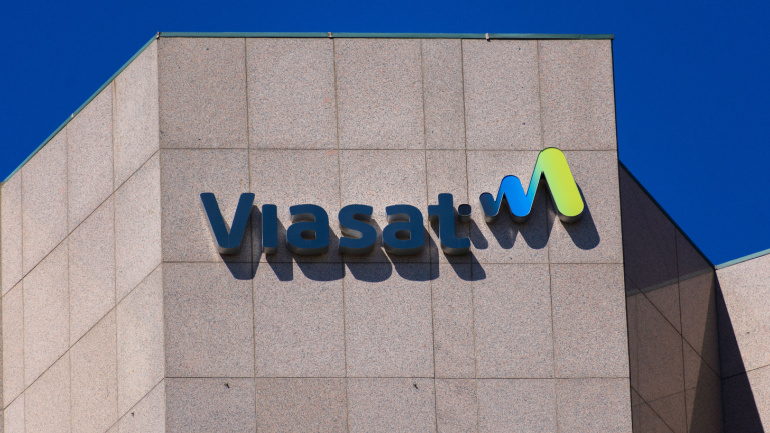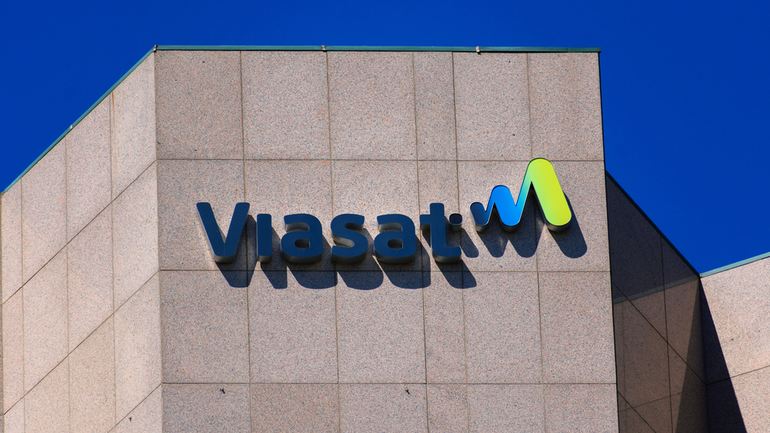Deutsche Telekom and the satellite company Viasat have recently enhanced in-flight internet connectivity for flights to and from Cyprus by activating three new ground stations. These stations are part of an expansion that strengthens the European Aviation Network (EAN) in the Eastern Mediterranean, bringing the total to 300 ground network antenna sites across Europe.
Viasat, Inc., a global front-runner in satellite communications, has launched its innovative Business Choice internet service plans, ushering in a new era of high-speed and reliable connectivity for small-to-medium businesses nationwide. These plans cater to businesses in the most remote areas, where traditional internet services fall short, enabling them to leverage essential digital tools for optimal operations.
Global satellite communications leader Viasat, Inc. has joined forces with Safran Data Systems to introduce InRange, a revolutionary system ensuring continuous telemetry data relay for launch vehicles in flight. This collaboration aims to liberate launch providers and spaceports from ground network dependencies during missions.
After the whopping $6.2 billion acquisition by Inmarsat, Viasat is readying for a major reorganization, with a planned 10% workforce reduction. The move, affecting approximately 800 roles, aims for a substantial year-on-year cost-saving starting from 2025. Despite the promising financial outlook, the firm accepts the substantial costs linked with these transitions, yet considers them a vital investment for the future.
The European Commission clears Inmarsat’s acquisition by Viasat, assuring competition in the in-flight broadband landscape. While the market anticipates increased opportunities for current players and new entrants, upcoming deals like SES/Intelsat and Eutelsat/OneWeb may pose complex challenges for regulators.
Viasat’s acquisition of Inmarsat advances as the UK’s Competition and Markets Authority grants unconditional approval, easing market competition concerns for in-flight Wi-Fi services amidst a rapidly evolving satellite communications sector.
Viasat, a leading global communications company, has announced that it has been awarded a contract extension worth up to $325 million over a five-year period by the US Special Operations Command (SOCOM). This indefinite delivery, indefinite quantity (IDIQ) contract is an extension of a previous IDIQ contract worth $350 million that was awarded to Viasat in 2017. Under the terms of the contract, Viasat will continue to provide advanced mission equipment and services, and support to SOCOM forces in order to improve their situational awareness, integration, intelligence, surveillance and reconnaissance (ISR), tactical satellite communications, information assurance and network management capabilities. This IDIQ contract is intended to be flexible in order to respond to rapid technological advances and the changing mission needs of SOCOM forces. This latest deal allows for the implementation of new concepts of operation (CONOPS) and the achievement of desired mission outcomes through the rapid deployment…
The ViaSat-3 Americas satellite has completed its Final Integrated Satellite Test (FIST) and has now advanced to the Flight Final phase of integration, where it is undergoing final build-up for its flight configuration, according to the satellite communications provider Viasat. The satellite had previously passed mechanical environmental testing and thermal vacuum testing, which replicated vacuum and extreme heat and cold temperatures in orbit, where the satellite is projected to operate for the next 15 years. FIST is intended to test all of the satellite’s payload and bus systems to ensure they perform correctly after the pressures of mechanical environmental testing, which simulates the spacecraft’s launch. Following the mechanical and thermal strains of the previous test phases, FIST confirmed that the satellite continued to function as intended. The Ka-band satellites of the ViaSat-3 class are anticipated to offer the finest bandwidth economics in the sector with significant flexibility…
Inmarsat, a major supplier of international mobile satellite communications services, and Viasat, a worldwide communications company, have announced that the Australian Government’s Foreign Investment Review Board (FIRB) has stated that it has no concerns about the intended merger of the two companies. The proposed deal has already received numerous important regulatory approvals, most notably from the Committee on Foreign Investment in the United States and from the UK Government under the National Security and Investment Act. The most recent permission for the deal is the FIRB’s clearance of Viasat’s proposed acquisition of Inmarsat under the Foreign Acquisitions and Takeovers Act of 1975. Australia is a large market where the two businesses have substantial consumer and commercial ties. Inmarsat and Viasat announced that they will merge their two businesses to become a new global communications powerhouse in November 2021. The transaction is expected to be completed in the second…
As part of its search for new technological and research collaborations, Viasat Inc., a global leader in satellite communications, has joined the Harwell Science and Innovation Campus’s Space Cluster. Viasat is proving its willingness to play an active part in the UK’s space ecosystem by building a new office at the Harwell Campus, while also providing its expertise in space-based broadband communications to the Harwell community. Harwell is home to the UK’s largest concentration of space knowledge, with over 1,400 people working across over 100 private and public sector enterprises, including the UK Space Agency and the European Space Agency. The space sector, according to Harwell, provides £5.7 billion annually to the UK economy. The Harwell Space Cluster, according to Viasat, is generally recognized as a critical aspect of the UK’s space sector, bringing together innovative enterprises from throughout the UK and the European Union. Viasat hopes to…













